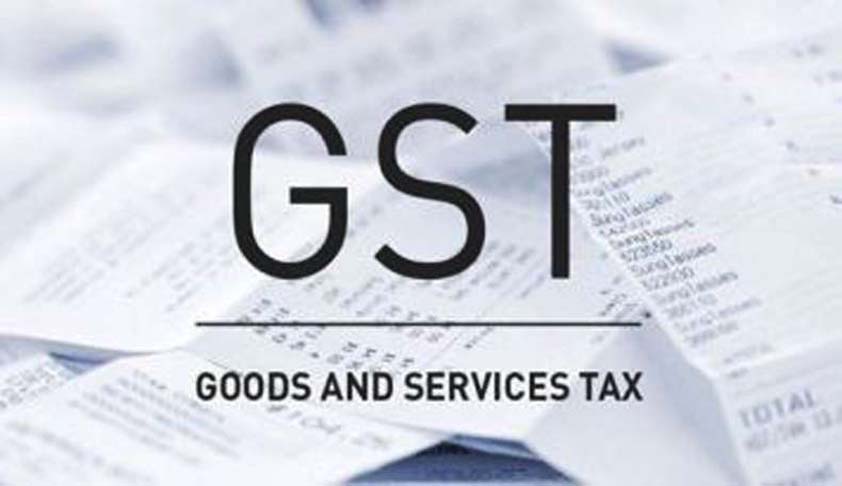Next Story
1 July 2017 1:41 PM IST
The Goods and Service Tax (GST), India’s most ambitious tax reform since independence, was launched at the Central Hall of Parliament at midnight on June 30.Interestingly, this is only the fourth time in the history of independent India that a function has been organized at midnight at the Parliament. The previous three were the moment of Independence on the night of August 14-15, 1947,...

